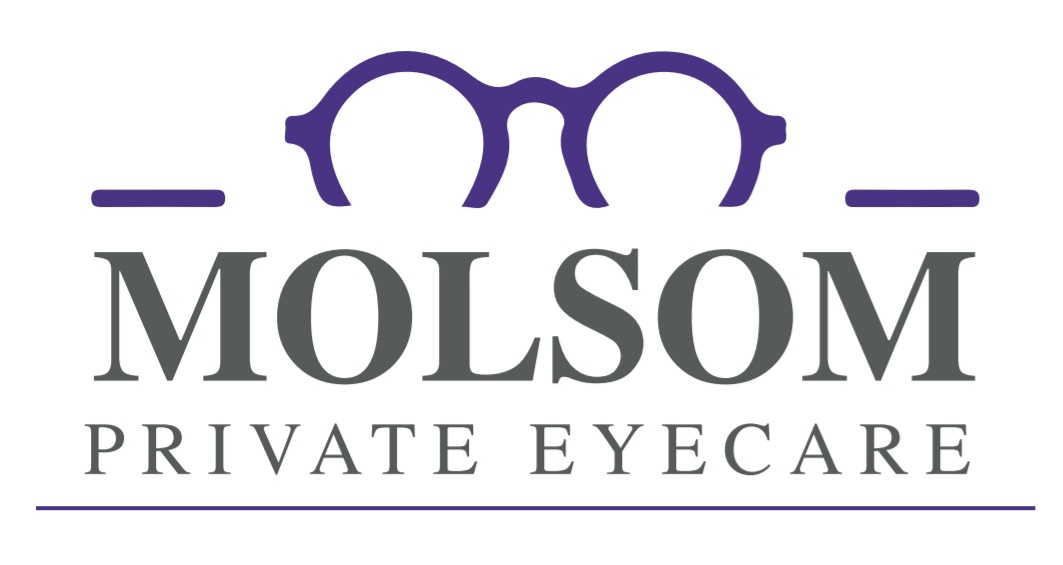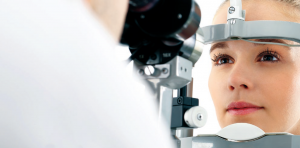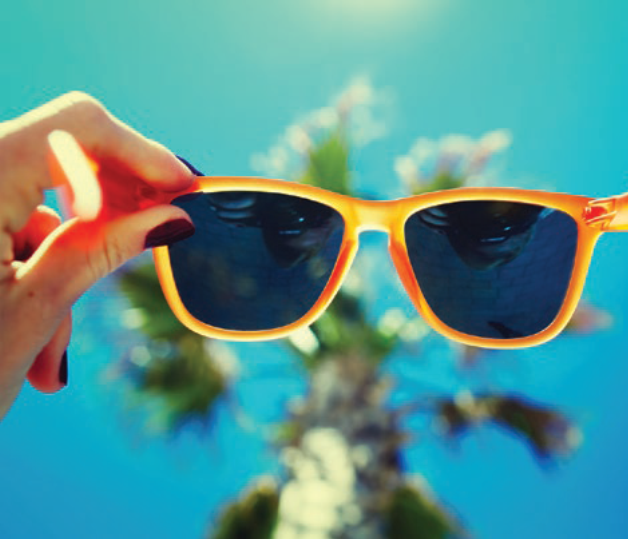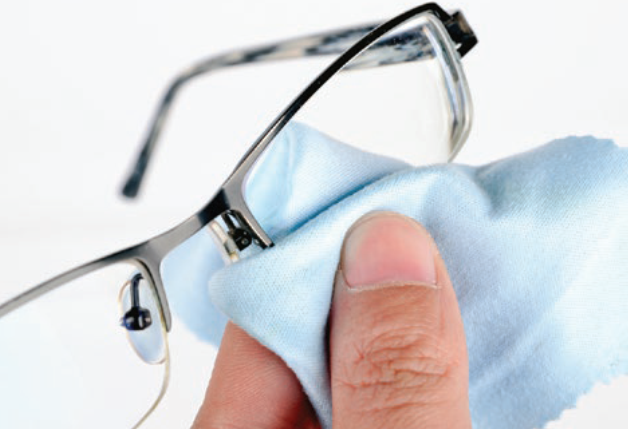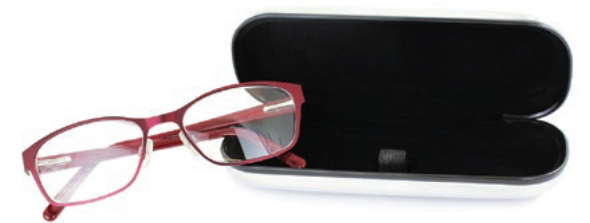Our new newsletter is out now
Here is a little look at some of the content......
Our eyes are incredibly complex, and are one of the most fascinating organs within the human body.
Our skilled staff have an encyclopaedic knowledge of both their various components and how they interact.
Although patients are always given advice in clear and easy-to-understand terms, these are some of the technical phrases you might hear when you visit us for an eye test:
Astigmatism - most of us have some degree of astigmatism, where an irregular shaping of the eye’s curved front cover distorts light rays before they reach the retina. Specially-shaped lenses can compensate for astigmatism’s main symptom – slightly blurry vision at any distance.
Bifocal - available with many spectacle lenses and contact lenses, a bifocal lens is designed to provide two different powers of vision correction. These are typically short-distance for reading, and longer-range for driving or outdoor activities.
Conjunctivitis - one of the most common eye-related conditions, conjunctivitis describes an easily treatable inflammation of the eye’s front tissue layer. Frequently referred to as pinkeye or red-eye due to the discolouration.
Dioptre - this is the official unit of measurement for a lens’s light-bending power (or refractive power). You might recognise it from your prescription – most people are short-sighted, so their dioptre measurement is negative. For example, somebody with -4.5 dioptre lenses would be quite short-sighted.
Floaters - these are the shadowy grey spots and strands that float across your vision and change direction in response to eye movements. Floaters are loose gelatinous strands from the centre of your eye, and they are normally harmless. However, a rapid increase in floater activity may require immediate medical attention.
Photochromic - a relatively recent technological advancement, photochromic lenses can react to light exposure to deliver the benefits of sunglasses in everyday glasses. Photochromic lenses darken in bright conditions and clear in low light, making them an ideal choice for patients with certain eye-related medical conditions.
In this issue
-
Kept in the shade
-
Care to be different
Kept in the shade
Sunglasses are a valuable ally on a bright day. The sun’s rays are often fierce, particularly when reflecting off a body of water, and tinted lenses provide essential protection against dazzle and harmful light rays.
Sunshine is full of invisible ultraviolet rays, including UVA and UVB waves. Any sunglasses sold by us will prevent both categories of ultraviolet light reaching your eyes, where it can damage retinas, lenses and corneas. When choosing a new pair of sunglasses, make sure you can’t see over the frames.
They should ideally wrap around at the sides as well, which is why sunglasses lenses are generally larger than in normal glasses. We can offer advice when you’re choosing sunglasses, helping you select the style that’s right for you.
Because they’re always worn outdoors, sunglasses typically lead a harder life than spectacles.Shatterproof lenses are recommended for any outdoor sports enthusiasts, while hydrophobic coatings help repel water. We can apply an anti-reflective coating to the back surface of these lenses, to reduce reflections even when facing away from the sun. Another option involves polarised lenses, these can either be prescription or non-prescription, and they are highly recommended for people with active lifestyles.
Molsom & Associates Optometrists
5 Hall Place
SPALDING PE11 1SA
Tel: 01775 713366
info@molsom.co.uk
www.molsom.co.uk
Did you know? Many people believe sunglasses originated in 12th-century China. Smoked quartz was fitted into primitive frames held up to the wearer’s face; despite being very expensive, these items were hugely sought after.
Care to be different
There’s something very satisfying about leaving the practice with a brand new pair of glasses. The frames are flawless, the lenses are completely clean, and we’ve moulded them to fit perfectly on your face.
Keeping your glasses in pristine condition is relatively easy, providing you treat them with care and invest in a few little extras. Cases are great for overnight storage or holiday transportation – hard shell cases offer more protection than softer leather sleeves, though these are still useful.
A small amount of cleaning spray and a soft lint-free cloth, available from the practice, should be used to clear dust and fingerprints off the lenses every morning.
The best way to ensure children get value-for-money from their glasses is by making them as indestructible as possible to guard against youthful clumsiness. Good quality frames and scratch-proof lenses will be advantageous here, as will impact-resistant lenses for anyone who enjoys outdoor sports.
We may be able to apply anti-scratch coatings to your lenses, since even resting glasses the wrong way up on a bedside table could potentially cause minor abrasions to the lenses. Parents of young children may also benefit from toughened lenses, because it’s hard to predict what toddlers are going to do next...
Did you know? There are many urban myths about caring for spectacles. Some people claim egg white or raw potato juice can prevent lenses fogging up, while diluted vodka or vinegar are apparently good for cleaning! We’d always recommend more conventional techniques and have a range of specialised products available.
For more information, or to make an appointment, please contact
Molsom & Associates Optometrists
5 Hall Place
SPALDING PE11 1SA
Tel: 01775 713366
info@molsom.co.uk
www.molsom.co.uk
To view the full newsletter please see molsom-associates-4page newsletter.
